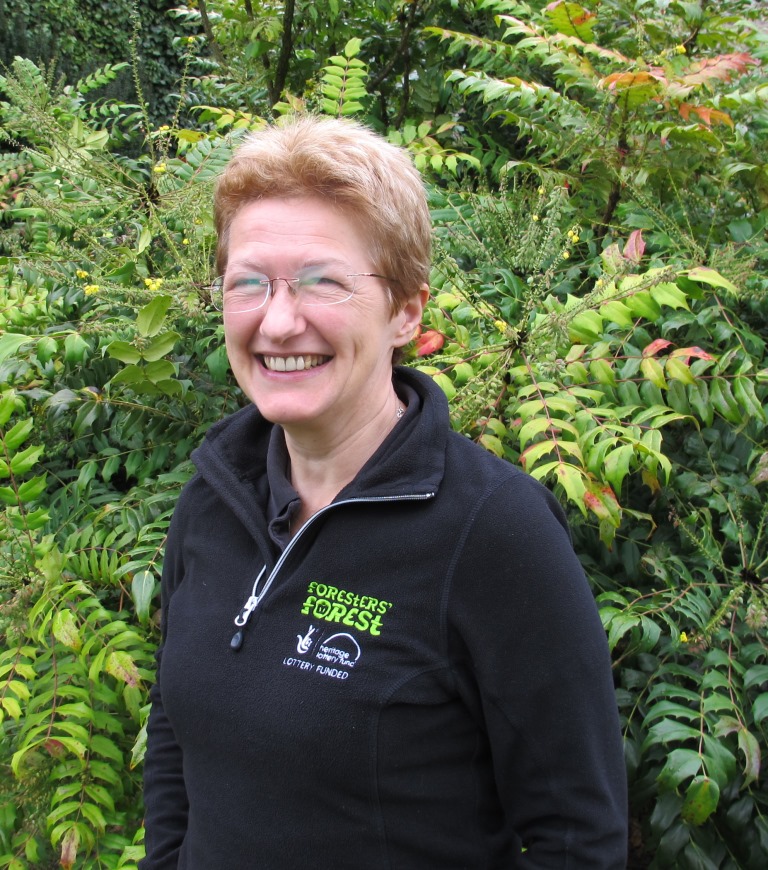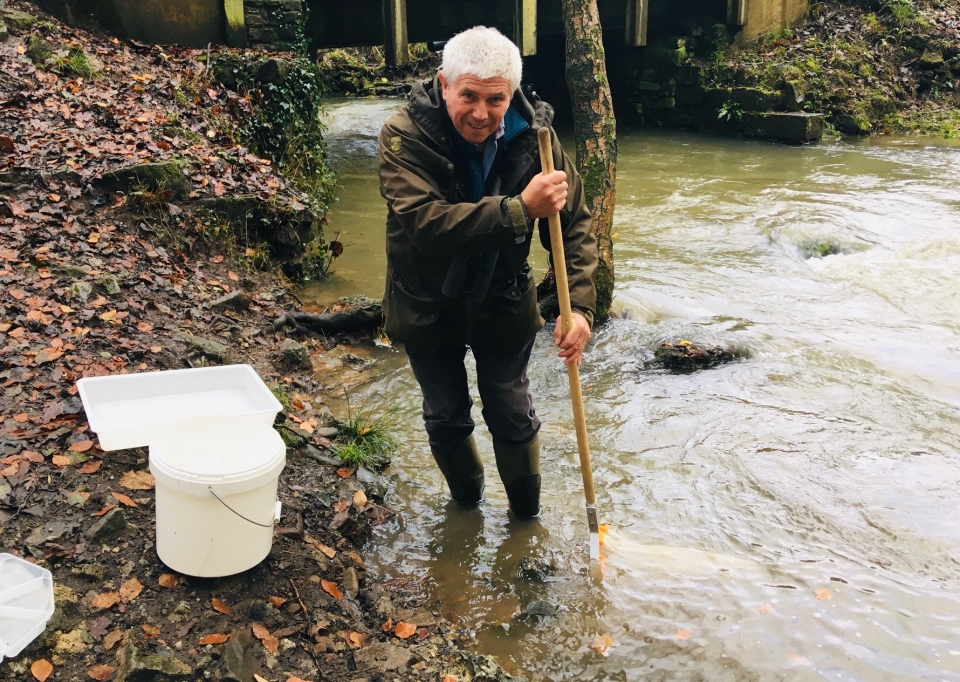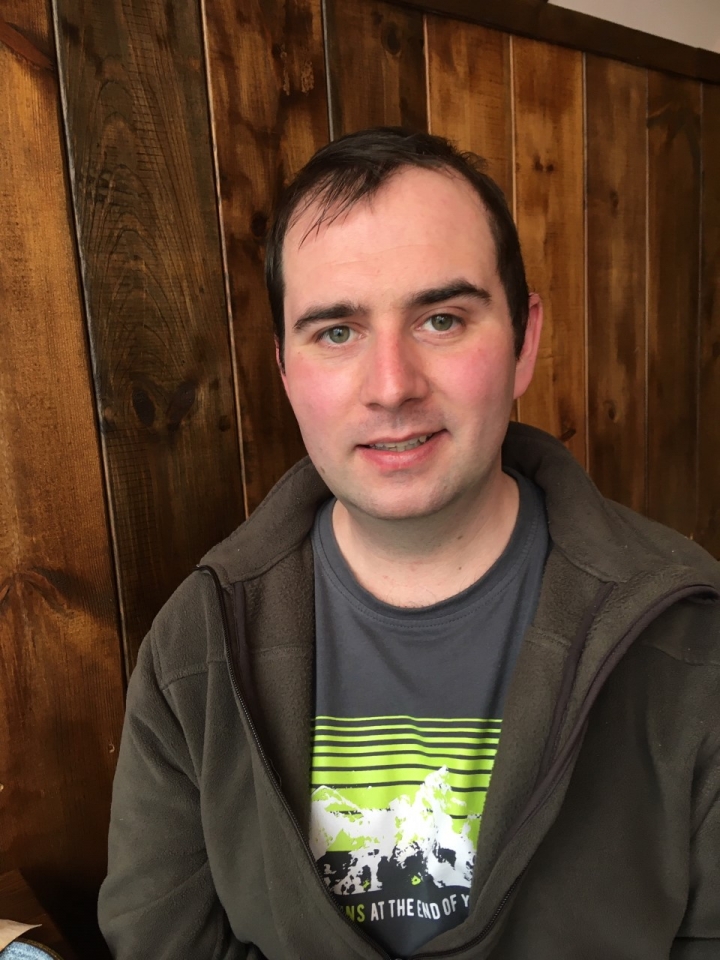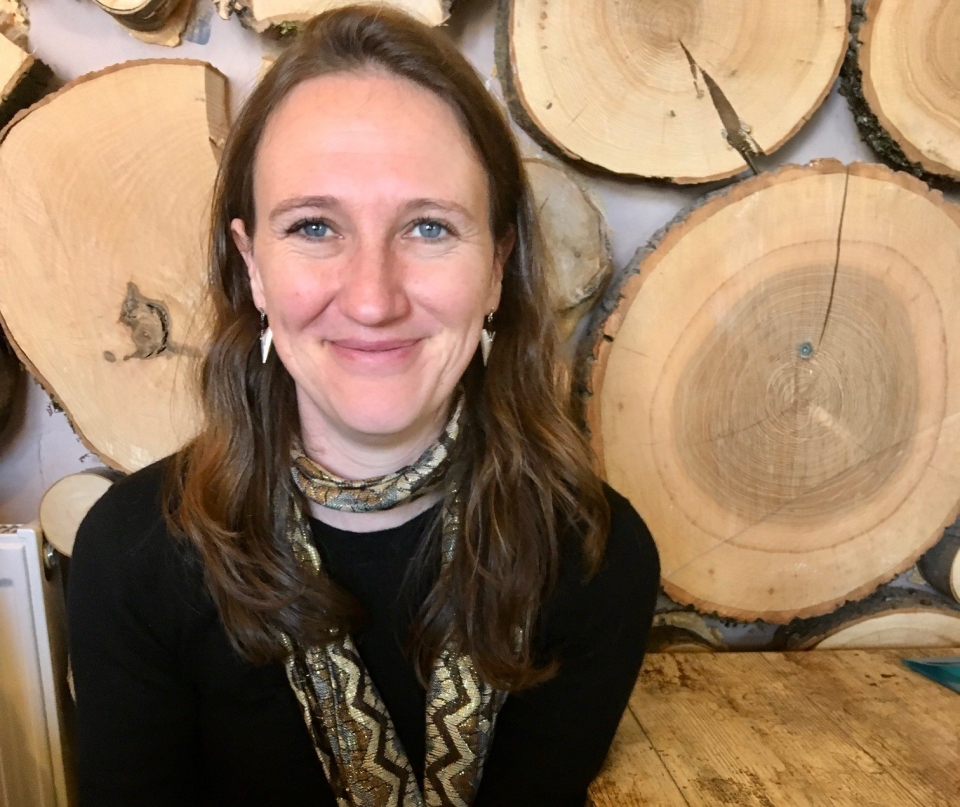Sharing our mid-way programme success
Did you know that more than 700 people, living mainly within the Forest of Dean, have volunteered with Foresters’ Forest since the start of the programme? Their time, as a cumulative total value for community volunteer hours, currently stands at £618,000. And 80% of our volunteers who completed a survey say that they were able to use their skills doing meaningful work and feel they were making a difference to the future of the Forest of Dean.
These are just some of the key findings in the latest detailed evaluation of the Foresters’ Forest programme at its mid-way point, completed by The Countryside and Community Research Institute between September 2019 and February 2020. The evaluation reported on interviews with lead representatives of the 38 projects that make up the programme and included a detailed online survey of the wider Forest of Dean Community (including both residents and visitors) which explored awareness of the Foresters’ Forest programme in the Forest of Dean, and incorporated questions relating to volunteering and other forms of participation in the natural, built, and cultural heritage projects delivered through the Programme.
The report reveals many encouraging results at the mid-way point in our five year programme!
In terms of programme awareness locally, it was good to discover that a total of 80% of those surveyed said they had heard of Foresters’ Forest before completing the survey, compared to 44% of the 2018 survey sample, suggesting a steady increase in awareness of the programme across the local community. 41% confirmed that they had taken part in some form of activity, event, or training course run by Foresters' Forest (compared to 12% of respondents in 2018). About a third of the sample indicated they had done some volunteer work with Foresters’ Forest Projects, compared to 9.1% of the sample in the 2018 survey.
 Sue Middleton, Programme Manager, Foresters’ Forest comments:
Sue Middleton, Programme Manager, Foresters’ Forest comments:
“Delivery of the Foresters’ Forest programme relies heavily on voluntary activity so it is particularly useful to note at this mid-programme stage that more people are getting involved. It’s great to hear how much our volunteers enjoy taking part, what they’ve learned and why they want to look after our Forest more in future... There is a huge range of projects to get involved in, so whatever you’re interested in, there will be something for you. We work with 32 partner organisations who are each specialists in their field and we are very grateful to Forestry England as the overall lead partner that provides help and support to enable many of the projects to be delivered.”
The natural heritage projects involving wildlife, water, or tree surveys tend to be more demanding of volunteer time, as does the archaeological project. Of those who completed the survey and confirmed the three main types of volunteering they had done, 21% said they have taken part in Love Your Forest community litter picking, 18.7% have supported ‘Waterways, ponds & mires’ volunteering activity and 15.4% had taken part in ‘Buried Heritage’ archaeology work.
The programme’s voluntary activity is closely monitored, with support from the Forest Voluntary Action Forum (FVAF), who report that a total of 715 people, living mainly within the Forest of Dean, have undertaken voluntary activity since the start of the programme. The programme has been extremely successful in engaging volunteers and has exceeded its five-year total voluntary activity targets before the end of 2019. At this mid-way point the programme’s cumulative ‘virtual value’ for community volunteer hours currently stands at £618,000, exceeding the target of £474,000.
Volunteers responding to the online survey noted high levels of satisfaction with their volunteering experiences with over 80% agreeing that they were able to use their skills doing meaningful work and feeling they were making a difference to the future of the Forest of Dean.
The Programme’s Project Leaders noted that in most cases residents of the Forest of Dean were identified as primary beneficiaries in relation to outcomes for people, such as developing skills, learning about heritage and volunteering opportunities. Those benefiting tend to be those who get engaged in volunteering or in project related activities. These are often middle-aged, older and retired people (i.e. those with interests and time), although in some projects young people were also identified as getting involved, as well as benefiting from the projects targeted directly at young people.
Our volunteers have reported the wide range of benefits they have experienced, including development of skills (48%), learning, improved understanding and development of friendships and wider social relations (49%).
A quick 'snapshot' of our volunteer stories:
 Mervyn has involved himself in a wide range of Foresters’ Forest projects including Birds, Ponds, Waterways, Reptiles, Veteran Trees and Sphagnum Moss Surveying and says:
Mervyn has involved himself in a wide range of Foresters’ Forest projects including Birds, Ponds, Waterways, Reptiles, Veteran Trees and Sphagnum Moss Surveying and says:
“The Waterways survey is a particular joy. It is massively fun, like going back to pond dipping as a child! It is impacting on my ideas as Chair of the GNS. Inspiring younger people feels very important. I want to help spark the same love of nature in young people that my mother gave to me.”

Steven started receiving support from the GEM project and heard about Foresters’ Forest through his link support worker. Involvement with Foresters’ Forest has made a big impact on Steven’s life, he says:
“It’s made me feel great and confident. I’ve lost all my insecurities. I’ve been out and about more. My self-esteem has improved, my confidence has grown, and I’ve now got a great feeling that I CAN do it!
 Like many of the volunteers, Emily heard about Foresters’ Forest on social media. She says:
Like many of the volunteers, Emily heard about Foresters’ Forest on social media. She says:
“Following the Facebook page has been an excellent way for me, as a busy mum, to keep in touch with what is going on. When I saw ‘Oral Histories’ come up, it caught my interest and I immediately wanted to get involved. I’m very interested in oral testimonies and I thought that this could be a perfect way of getting to know the place I live better, using skills that I already had… I also believe strongly in supporting and ‘giving back’ to the community, so this felt like a small thing that I could contribute.”
To read more inspiring personal stories from our volunteers please see our Case Studies page.
Survey also reveals many great reasons for volunteering with us:
- People want to help protect the natural heritage (87%), to protect the built and industrial heritage (52%) and to conserve the cultural heritage (55%) and a significant 83% said they volunteer with us to contribute to their local community where they live.
- Volunteers had good experiences, were able to use their skills, and make a difference.
- 78% felt their involvement has made them want to look after the Forest more in future, and for 69% it has improved their health and well-being.
- 46% of respondents agree that the Forest’s heritage is being protected, identified and recorded; but fewer people (approx. 16%) agreed that the heritage is in good condition.
- The excitement of discovery, and the enjoyment of developing new understanding and learning something new (52%).
- Social connections are also an important aspect of volunteering and all of the volunteers mention enjoyment from engaging with others in some capacity, either in terms of making friends, sharing experiences, or working together.
- Some volunteers also noted that they had sometimes surprised themselves, through identifying new interests, or building confidence to do something new, or not tried before.
- Others talked positively about finding a new role late in life (as a volunteer), being able to use existing skills as a new mother, gaining qualifications and experience that may help in future career development, and changed perceptions about the Forest and their place in it.
Heather Lilley, Forestry England’s Community Engagement and Communications Officer says:
“The Foresters’ Forest project has enabled so many more people to really get involved and play their part in looking after our Forest. It is a key objective of Forestry England to encourage and support people to volunteer in their local woods, so we are pleased that people in the Forest of Dean have taken the opportunity and it is clear from these personal stories that it has helped to change some people’s lives. We look forward to planning further projects and opportunities in the next half of the Foresters’ Forest project!”
Views on the Forest of Dean more generally are also included in the survey findings with 92% of people agreeing it is a beautiful area and 79% saying it is a good place to live. In general, 57% of people surveyed do want to learn more about the heritage and to see it protected and preserved for future generations.
Finally, also commenting on the mid-programme evaluation results, Chris McFarling, District Councillor and Foresters’ Forest Programme Board Chair says:
“Most encouraging, for me, is that we’ve seen younger people volunteering to help these projects flourish, and enjoying the engagement with our wonderful cultural, built and natural history. When younger people discover the value of their inheritance; how special and fragile it is, they are much more likely to respect and care for it in the future. Sustaining interest in our unique Forest heritage is critically important if we are to build on this outstanding volunteering legacy when the programme funding finishes.”
To find out how you can get involved with our volunteering in future please see: Get Involved